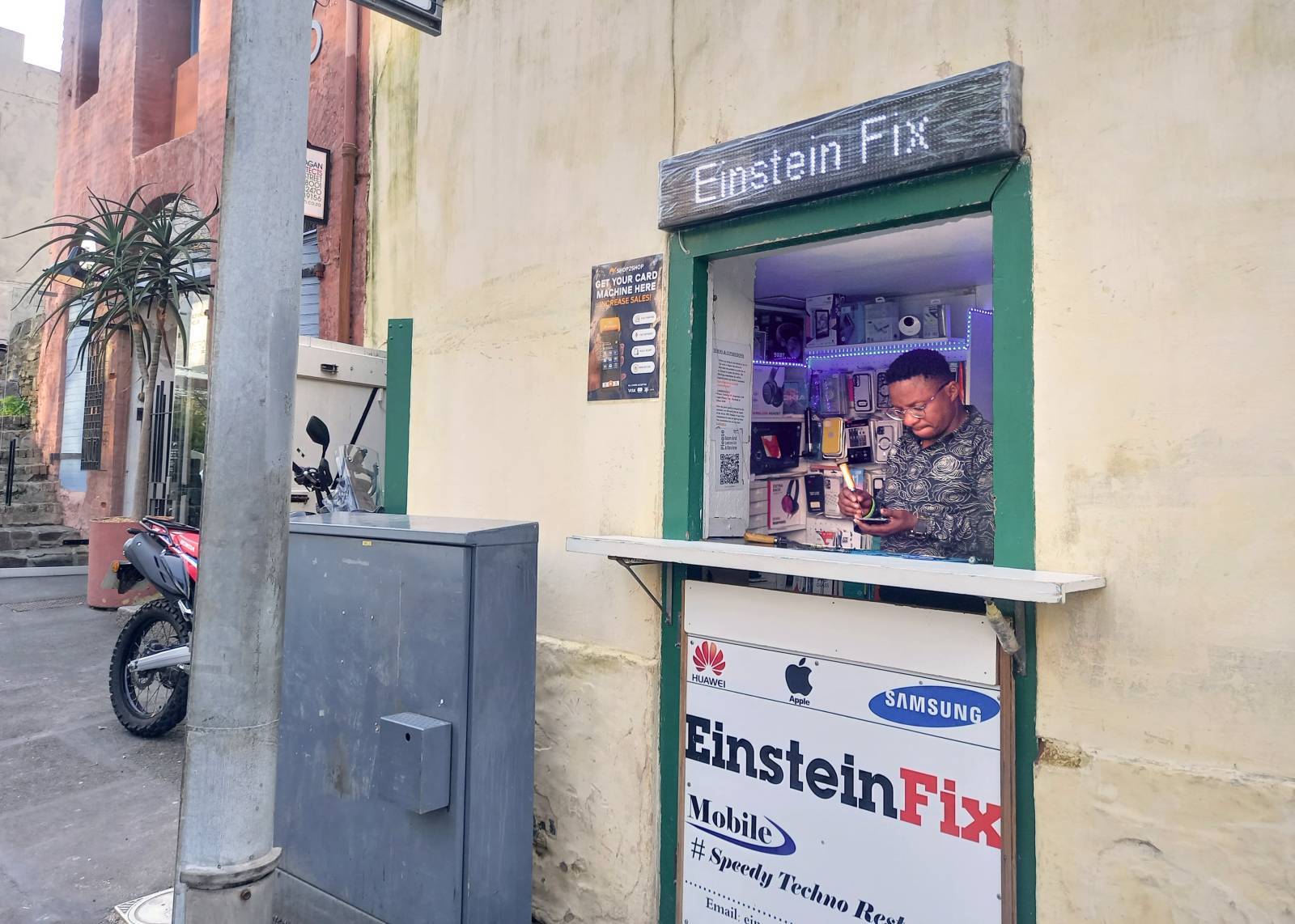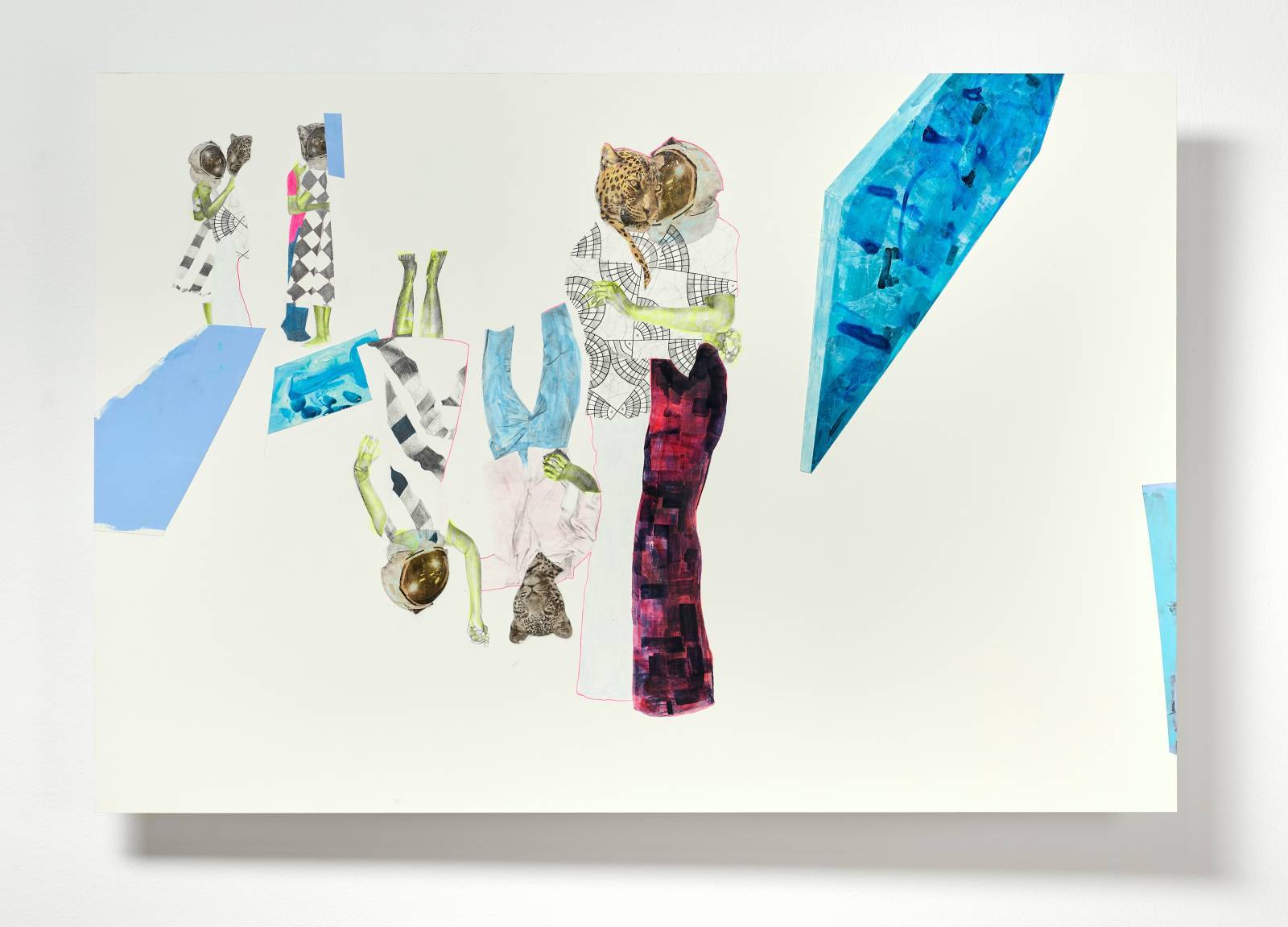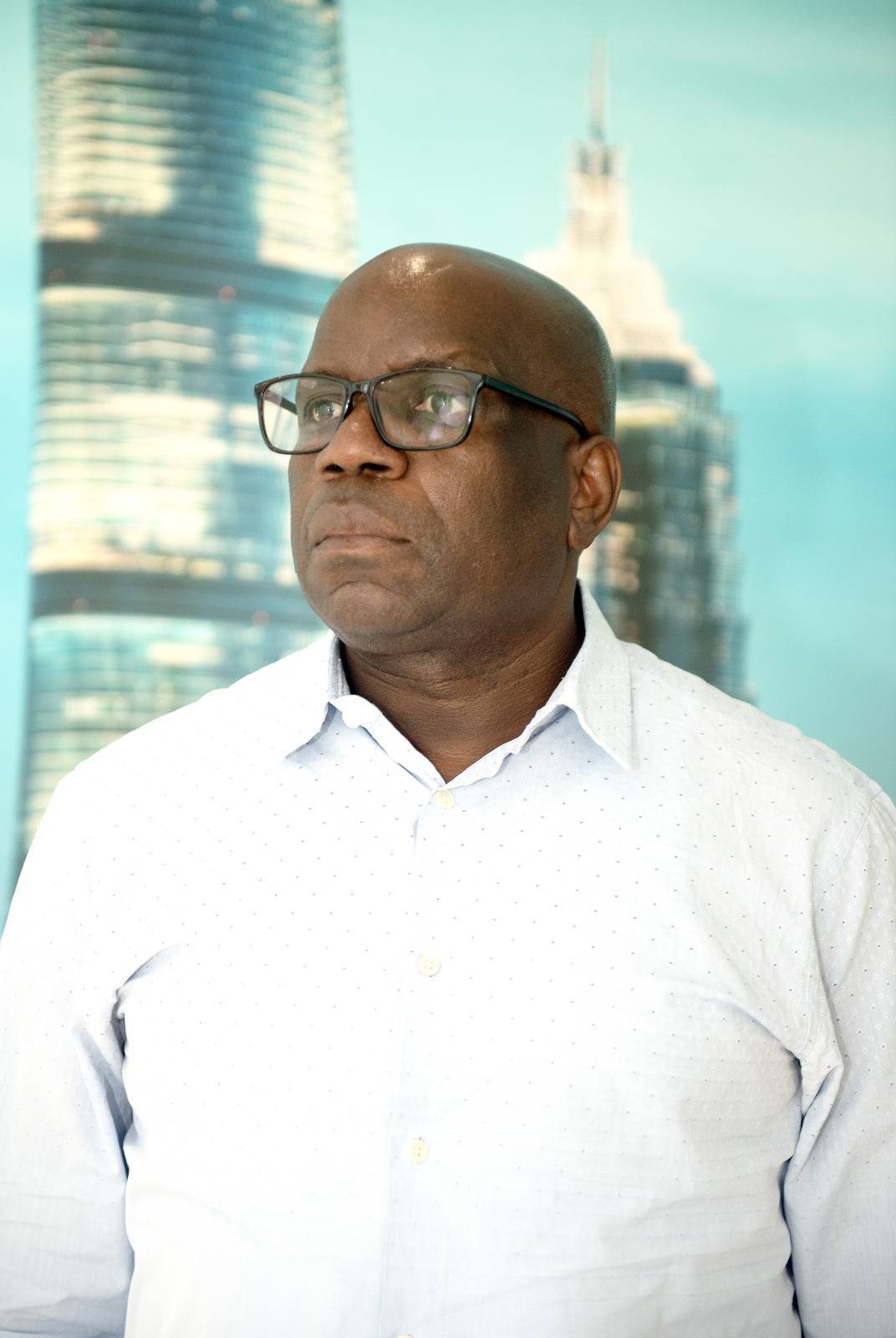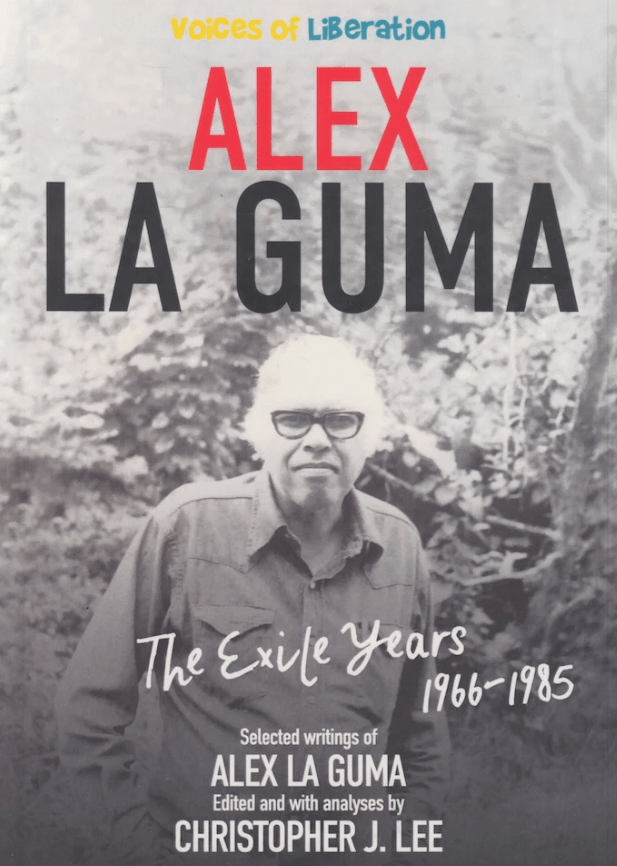Einstein Fix is a paradoxical podcast that’s a symphony of exuberance
A new podcast tells the story of an enterprising asylum seeker with joy and anguish

Every morning when I take Bowie for a walk to the neighbourhood coffee shop, we each have our own entertainment. For her, my big, boisterous girl, it is sniffing pavement grass and other dogs, especially yapping small ones, to which she replies with a lusty Bouvier bark.
On really special occasions, Bowie might spot a cat disappearing up a Joburg alley — with the jolt on the leash in the feline’s direction nearly ripping my arm off.
For my entertainment, it is always a podcast in my ears. There are many to choose from. Too many, in fact. More than 414 million podcasts exist globally, according to a blog on the Loopex Digital website.
They write that, by last year, there were over 464 million podcast listeners worldwide, projecting it to reach 504.9 million by the end of this year.
As one of them, my tastes are simple — just football, politics, culture and music.
During the football season, it is religiously Handbrake Off, a specialist pod about my true obsession, Arsenal Football Club. I also listen to the more general The Rest is Football but, as a bad loser, only if my team has won the weekend before.
I also enjoy Media Confidential by two former editors, Alan Rusbridger (ex-Guardian) and Lionel Barber (formerly Financial Times), often to hear how badly our industry is doing because misery needs company.
Then there is The New Yorker Radio Hour and the Ezra Klein Show, except when they’re just too anally American and politically centrist for my lefty tastes. Klein had a fascinating episode recently in which interviewed American author and journalist Ta-Nehisi Coates about his controversial new book of reportage The Message.
There’s the London Review of Books and Granta’s podcasts that I enjoy listening to, unless they’re too intellectual (it’s me, not them).
A consistent must-listen is the aptly titled This Cultural Life (Nile Rodgers and Marlon James as guests were recent highlights when they discussed what shaped them culturally).
When I’m out of options, my go-to is to delve into the archives of an older BBC Radio 4 series called Soul Music, exploring — as The New Yorker explained — “how memory, association and sentiment create a song’s meaning”.
They are all superb but I can especially recommend the shows about Life on Mars, Ghost Town, I Say a Little Prayer and Purple Rain — sheer genius!
I discovered a brilliant new series at the end of last month. It is also linked to the BBC — its classical music station Radio 3.
Titled Between the Ears, it is a place for showcasing “the unique adventures in music, sound and distinctive storytelling that audio features can create” — a home for innovative audio features. There are 183 of these documentaries so far.
Cape Town-based audio producer and journalist Catherine Boulle, who makes documentaries on a wide range of subjects, produced one of the recent episodes in the series.
Her 29-minute documentary called Einstein Fix: An Electronic Symphony is an outstanding musical portrait of Einstein Mupalu, a cellphone and laptop repairer in Cape Town. Any device, almost any problem, six days a week, “he fix” —and does so in record time at his tiny shop called Einstein Fix.
“I thought Einstein Fix would be a good fit for Between the Ears because it’s a surprising, playful immersion in the musicality, resilience and hustler’s spirit contained in the smallest and most ordinary of places,” Boulle tells me. “A symphony of exuberance, with gritty undertones.”
Originally from the Democratic Republic of the Congo, since 2009 Einstein has sought asylum in South Africa where he works out of his hole-in-the-wall shop on Bree Street.
Einstein operates as a digital doctor, resuscitating tired batteries, cracked screens and unresponsive keys. In this electronic symphony, his poignant personal story is told in “movements”, alongside the hustle, humour, energy, noise and multiplicity of voices that fill his every day.
Boulle first heard about Einstein a few years ago. “He’d fixed a phone for my husband and I went to him when I needed a battery for an old laptop that fancier repair shops wouldn’t touch,” she says.
“I was struck by the range of customers Einstein helps, and by how enthusiastically he engages with them, so I suppose the seed for the idea was planted then.”
Einstein Fix started as a shorter, draft version — 10 minutes long —for a radio course Boulle did at the end of last year. She spent 10 hours with Einstein doing that, setting an important foundation.
In January, it was commissioned by Radio 3 as a full-length feature, and Boulle decided to record an entirely new set of interviews and on-site interactions, which she did between March and June.
She edited the piece from July until early last month. “So … it’s difficult to say exactly how long, but many, many hours might summarise it best,” she says.
Einstein Fix alternates between the quieter moments in the shop, during which Einstein shares his personal story, and fast-paced montages, during which a stream of customers comes in with their chatter and variety of problems.
Einstein Fix has no traditional narrator and the listener is engulfed in the soundscapes/movements of Einstein interacting with his customers, enhanced by a fantastic soundtrack designed and composed by John Withers, of the Cape Town band John Wizards.
“From the beginning, John and I discussed the sound-world of Einstein Fix as one in which the musical score wouldn’t simply be a backdrop to the story but would interact with speech and ambient sound,” Boulle explains.
“And you can hear this in the way the music echoes the rhythms of Einstein’s speech, plays with the ‘glitchiness’ of broken devices, mimics the humour and energy of the interactive montages or resonates in a subtler, slower way with the more difficult parts of his story.”
Einstein Fix is packed with humour as he interacts with his adoring and satisfied customers.
“Why did your girlfriend break your screen, were you cheating?” Einstein teases one sheepish client.
“Ahh so quick, you’re a lifesaver…” gushes another customer. “Everybody loves you, hey?” Our digital doctor doesn’t skip a beat. “They love me because I’m good.”
Einstein is clearly a go-getter and smart — “this is a name that my father gave me — he was a very clever man”.
He is only half-joking when he says: “Maybe this business will grow and I can start another one for cars — Einstein Fix Cars. Maybe I can open a restaurant — Einstein Fix Food …”
But the bureaucrats — still not wanting to give him permanent status 15 years later — might well have other ideas for this refugee from the war in the DRC.
“You can have brain, but you don’t have proper documentation, so where can you use your brain?” he ponders.
Boulle explains the underlying themes of Einstein Fix.
“Precarity, tenacity, humour, strength of will and a refusal to give up, to hear bad news, to lose hope,” she says. “I think all of these themes undergird the piece.”
She says what has stayed with her is a deep-seated paradox: “The speed with which Einstein must attend to his clients’ needs, set against the long, perhaps interminable, wait he must endure for his own problems to be ‘fixed’.”
Einstein has been an asylum seeker in South Africa for well over a decade, but he still hasn’t been granted an official identity document, and so his life is incredibly limited.
“Beneath the enthusiasm with which he greets his customers, there is a quiet anguish, profound and perhaps unfixable,” the producer says.
I ask Boulle what she learned from making Einstein Fix.
“I think I gained a much better, more intimate, understanding of what a precarious existence it is to live in this country without proper documentation,” she says. “And perhaps a renewed appreciation for ‘smaller’ stories — which in fact contain so much.”
Boulle played the piece in its entirety to Einstein before sending it off to Radio 3. His response was: “It’s fine … It’s very, very fine.”
What's Your Reaction?


































